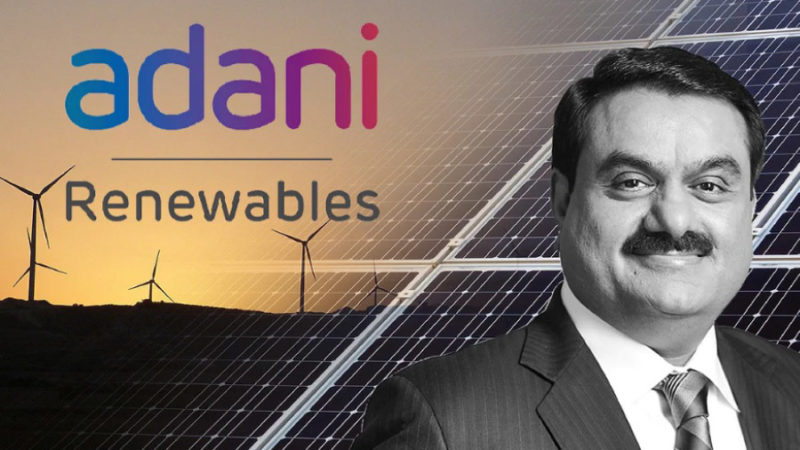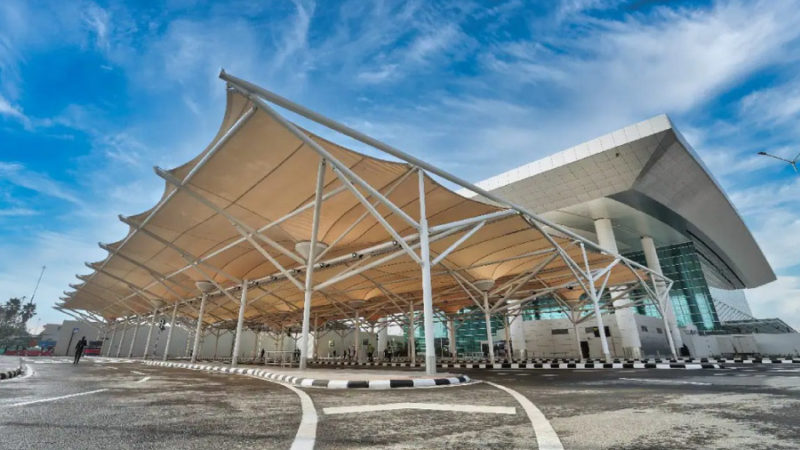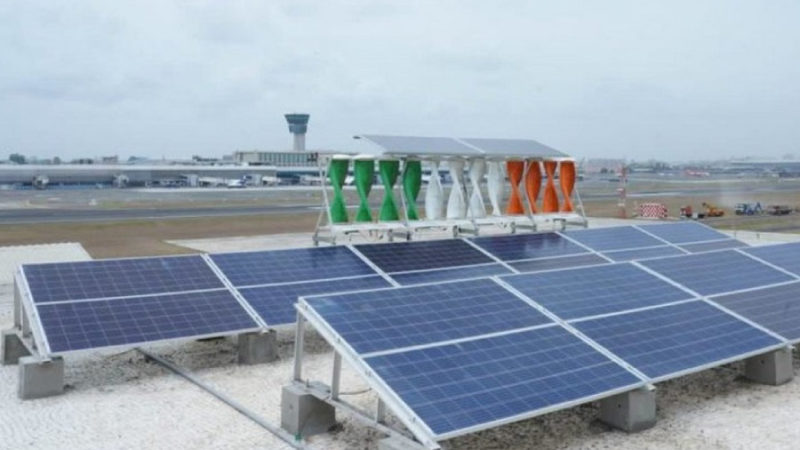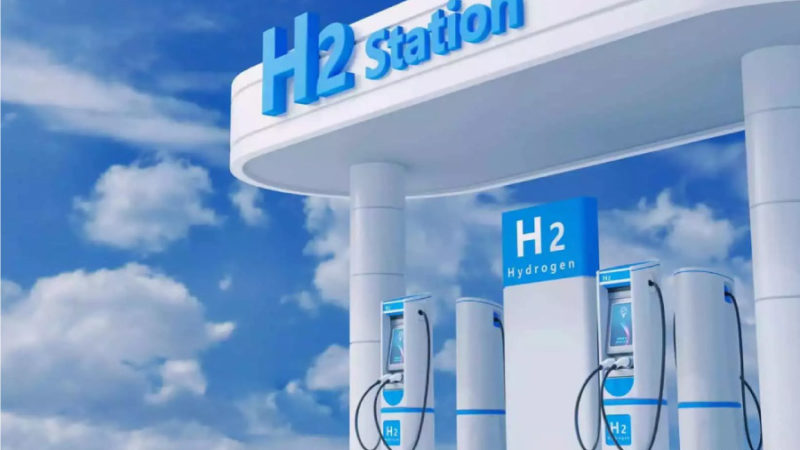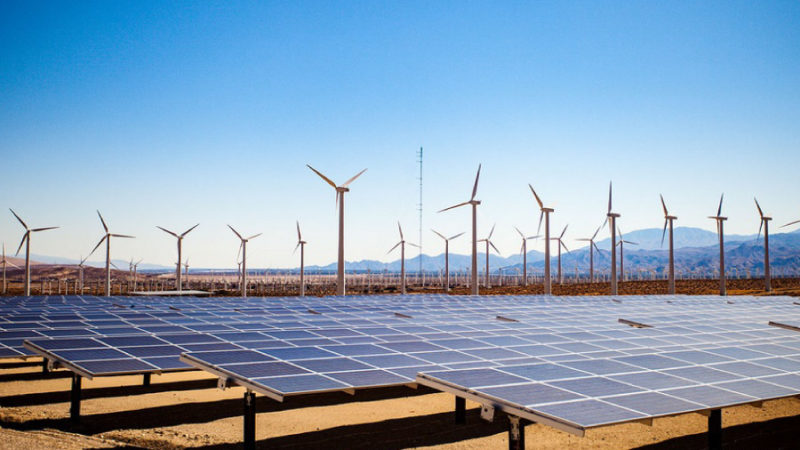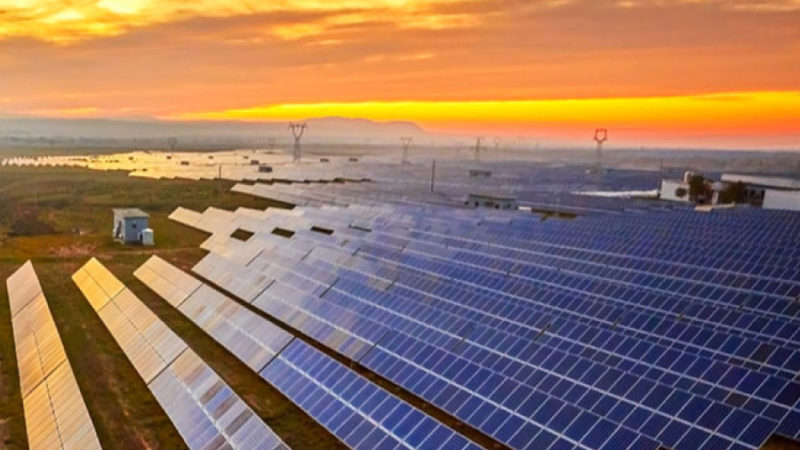NTPC has stepped up its efforts to meet India’s rising power demand
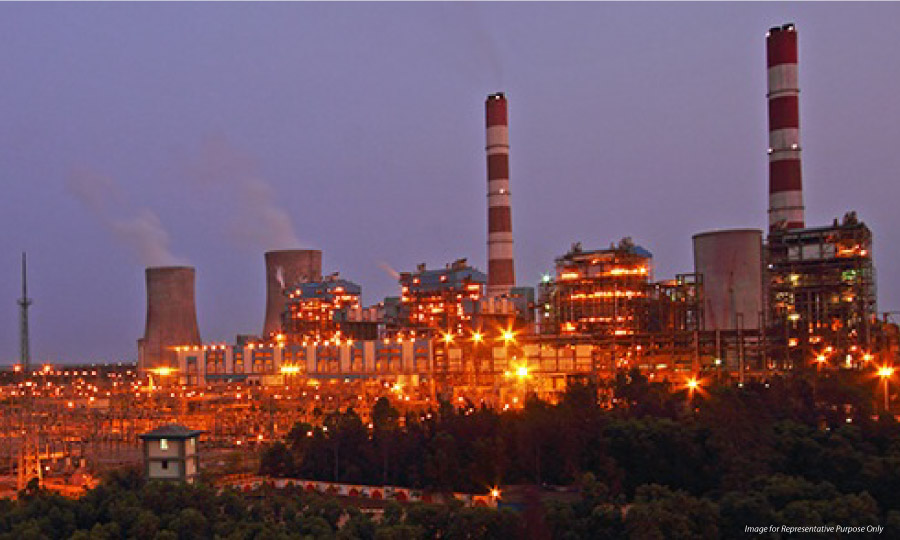
NTPC gears up to meet the increasing demand in the country; the company has registered a 23% increase in generation over the last year from its group stations.
India’s state-run power company NTPC said in a statement that it has taken necessary steps to meet increasing power demand, recording a 23% increase in electricity generation last year.
There is an unprecedented increase in electricity demand in India, and NTPC is doing everything it can to meet that demand, according to a statement. According to NTPC, it has worked to meet the increasing demand and the generation from its group stations increased by 23 percent from last year.
A separate statement from the power ministry stressed NTPC’s commitment to improving the power supply in Bihar. The company stated that, on average, NTPC has supplied around 73 MU Power to Bihar on a day-to-day basis, which constitutes around 62% of the state’s total demand for power, during the fortnight from 14.08.2021 to 28.08.2021. Bihar receives electricity from NTPC’s and its JVs’ various power plants per schedule.
The statement further stated that for the fiscal year 2021-22, the peak demand months were April, May, and June, as determined by the Eastern Region Power Committee at the outset of the year. Accordingly, some units were planned for overhaul during this period since the demand was low. The units will gradually be placed back in service.
Moreover, Unit#2 of NTPC’s Darlipalli station in Odisha will begin commercial operation on 01-09-2021, bringing Bihar’s share from this plant to nearly 94 MW. According to the company, the plant is a pit-head station, and coal is delivered from the nearby captive mine of NTPC (Dulanga).
NTPC is increasing coal production from all of its captive mines, it said. The company also intends to add 2.7 Lakh MT of imported coal to previous contracts.
NTPC is arranging coal at the stations that have critical stock positions as part of its flexible coal utilization policy. In this regard, the company said it has been continuously in touch with Coal India and the Railways to ensure adequate coal supply at critical stations and to divert rakes where necessary.
There are approximately 7 GW of gas capacity on the bar during peak hours, compared to 3 GW last week. Observations have been made that the states are not scheduling from gas stations but rather using the grid. It is recommended that states should schedule power for at least one week in advance, so the generators can plan appropriately and gas can be arranged appropriately.
For the purpose of meeting the peak requirement, Power System Operation Corporation (POSOCO) schedules gas stations under the Reserves Regulation Ancillary Service (RRAS).
RRAS is needed to restore the desired level of frequency and to relieve congestion within the transmission network. Regulating-up and regulating-down are supported by RRAS.
Connect with Power Insight: Facebook | LinkedIn | Twitter



